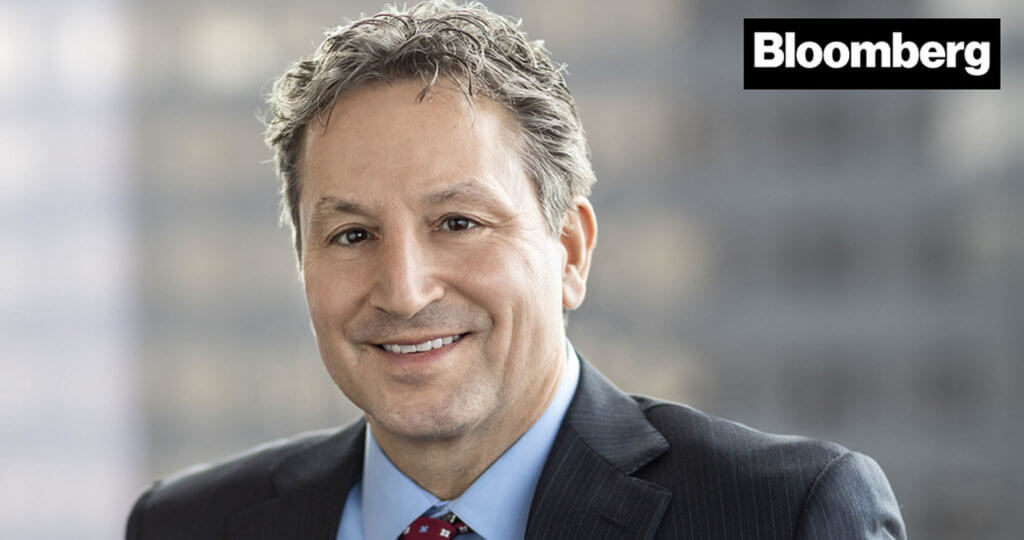Oakmark International Fund – Investor Class
Average Annual Total Returns 12/31/19
Since Inception 09/30/92 9.40%
10-year 7.30%
5-year 5.07%
1-year 24.21%
3-month 11.07%
Gross Expense Ratio as of 09/30/19 was 1.03%
Net Expense Ratio as of 09/30/19 was 0.98%
Past performance is no guarantee of future results. The performance data quoted represents past performance. Current performance may be lower or higher than the performance data quoted. The investment return and principal value vary so that an investor’s shares when redeemed may be worth more or less than the original cost. The To obtain the most recent month-end performance data, view it here.
The Oakmark International Fund had a strong year of absolute and relative performance, returning 24.2% for the calendar year. The benchmark MSCI World ex U.S. Index returned 22.5% for the same one-year period. The Fund also outperformed for the recent quarter end, returning 11.1% compared to the Index return of 7.9%. Lastly, the Fund has returned an average of 9.4% per year since its inception in September 1992, outperforming the MSCI World ex U.S. Index, which has averaged 6.1% per year over the same period.
Ryanair Holdings, the leading ultra-low-cost carrier in Europe that is headquartered in Ireland, was the largest contributor for the quarter. The company’s fiscal year 2020 second-quarter results exceeded consensus estimates. Ryanair’s 11% revenue growth was in line with our expectations and its revenue per available seat mile beat our expectations and also appears well positioned to achieve management’s 2-3% growth target for fiscal year 2020. Management expects traffic to grow by 8% to 153 million for the fiscal year, which is slightly ahead of our estimates. We are also glad to see signs of a more rational competitive environment as Ryanair’s peers reduce capacity, which should help pricing going forward, and labor relations continue to improve. In addition, despite the reduction in Boeing MAX 737 deliveries, management did not reduce its passenger growth guidance for fiscal year 2021. We believe the lower supply growth should be a tailwind to pricing.
Publicis, a leading global advertising and media services company based in France, was the largest detractor for the quarter. Investors reacted negatively to the company’s third-quarter revenue shortfall and management’s lower guidance. We believe that the revenue shortfall is partly due to company-specific issues, like a bad quarter for its media division and the Sapient transition led by new management in the U.S. along with broader industry issues. For example, agencies have been reducing their brand spending as more work is being done in-house and internet giant platforms are becoming more dominant. These changes have eroded traditional brands while also providing advertisers with personalization at scale. We believe Publicis’s recent acquisition of Epsilon should significantly boost its ability to deliver personalization at scale. And while the company’s 2019 organic growth in North America appears poor, it’s worth noting that it does not yet include Epsilon’s contributions. Despite the company’s weak results, Publicis retained its OPM (operating profit margin) target of 17.3% in 2019. The company’s margins have expanded as a result of its fast-growing solutions, leaner organization, real estate consolidations and strong performance for Epsilon OPM. Publicis also retains a strong balance sheet and robust cash conversion. We believe it can provide attractive returns for our shareholders over the long term.
During the quarter, we completed the sale of our long-held holdings of Diageo (U.K.) and Akzo Nobel (Netherlands) due to their increasingly expensive valuations. We are always sad to exit holdings that have been successfully compounding value for the Fund’s shareholders. Nevertheless, our discipline demands that when the share price nears our calculation of the holdings’ intrinsic value, we prepare to move on, especially when we have replacement candidates selling at what we believe are large discounts to intrinsic value. We thank the management of Diageo and Akzo Nobel for their successful stewardship of our shareholders’ capital. We initiated a position in Bunzl (U.K.), the largest distributor of not-for-sale items to food service, grocery and cleaning service providers. Not-for-sale items facilitate companies’ daily operations but are not sold to end customers, including items like plastic cups, trays, cleaning supplies and paper bags, among others. We also repurchased Trip.com (China), the largest online travel agency in China. We like that Trip.com is more than five times the size of its nearest competitor in an industry where larger companies can negotiate better commissions and lower inventory pricing.
We continue to believe the Swiss franc is overvalued versus the U.S. dollar. As a result, we defensively hedged a portion of the Fund’s exposure. Approximately 10% of the Swiss franc exposure was hedged at quarter end.
Geographically, we ended the quarter with approximately 82% of our holdings in Europe and the U.K., 10.5% in Asia and 2% in Australasia. The remaining positions are 2.5% in South Africa, 2.5% in North America and 1% in Latin America (Mexico).
We thank you for your continued support.
The securities mentioned above comprise the following percentages of the Oakmark International Fund’s total net assets as of 12/31/19: Akzo Nobel 0%, Bunzl 0.5%, Diageo 0%, Publicis Groupe 2.1%, Ryanair Holdings ADR 2.9% and Trip.com Group 0.3%. Portfolio holdings are subject to change without notice and are not intended as recommendations of individual stocks.
The net expense ratio reflects a contractual advisory fee waiver agreement through January 27, 2020.
The MSCI World ex U.S. Index (Net) is a free float-adjusted, market capitalization-weighted index that is designed to measure international developed market equity performance, excluding the U.S. The index covers approximately 85% of the free float-adjusted market capitalization in each country. This benchmark calculates reinvested dividends net of withholding taxes. This index is unmanaged and investors cannot invest directly in this index.
The Fund’s portfolio tends to be invested in a relatively small number of stocks. As a result, the appreciation or depreciation of any one security held by the Fund will have a greater impact on the Fund’s net asset value than it would if the Fund invested in a larger number of securities. Although that strategy has the potential to generate attractive returns over time, it also increases the Fund’s volatility.
Investing in foreign securities presents risks that in some ways may be greater than U.S. investments. Those risks include: currency fluctuation; different regulation, accounting standards, trading practices and levels of available information; generally higher transaction costs; and political risks.
The percentages of hedge exposure for each foreign currency are calculated by dividing the market value of all same-currency forward contracts by the market value of the underlying equity exposure to that currency.
The discussion of the Fund’s investments and investment strategy (including current investment themes, the portfolio managers’ research and investment process, and portfolio characteristics) represents the Fund’s investments and the views of the portfolio managers and Harris Associates L.P., the Fund’s investment adviser, at the time of this letter, and are subject to change without notice.
All information provided is as of 12/31/2019 unless otherwise specified.






